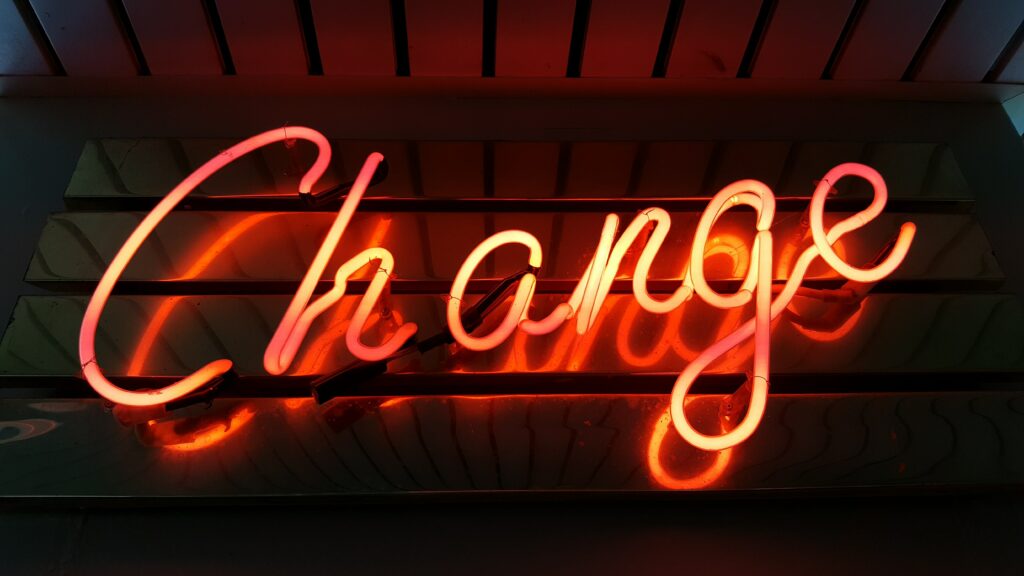- Do we need to reimage education?

I believe it is always a positive thing to reimagine and reexamine policy and tradition. This, of course, includes education as a concept, as I believe developing comprehensive policy requires trial and error, and no perfect system will be developed on the first try or even the first several tries. Due to this belief, I do believe that at the very least we as future educators do need to be critical of the current system and think of ways in which it could be more personalized to students need, how to make the spaces more inclusive, how to teach curricular competencies and big ideas, and every other aspect of the public school system.
Throughout the first semester of the Elementary PDP I was delighted to see the progression towards a more student focused educational philosophy over the last decade or so but more can always be done. Due to this reason I do not necessarily believe that the idea of education needs to be completely reimagined because currently we seem to be heading in the right direction but the progression does need to be continued and expanded. I believe several things could be improved or added to the current education system to improve it for many students and educators, including but not limited to:
- Higher funding for the school to increase the educator’s ability to cater learning to specific students.
- Higher funding for schools for counselling, extracurriculars (Arts, Athletics, Technologies, Etc.), specialists (Indigenous guest speakers, Etc.).
- Higher funding to rural communities to develop more engaging and practical lessons (Laptops, Tablets, 3D Printers, Etc.).
- Reduce class sizes to increase the level of engagement that can occur between an educator and specific students.
- Greater training for educators to cater their lessons to students who have either physical or mental differences.
- Greater training for educators on Indigenous policy and history.
- Reimagine the way staff are used (Ex. Overhauling the EA system) [From Elizabeth Corry].
2. What obstacles do educators face when they try to change pedagogy?

Educators face several challenges when they attempt to change pedagogy within their school or their own individual classroom. These challenges primarily could come from parents, students and other educators.
- Parents can be the largest obstacle educators will face when they attempt to alter pedagogy within their classrooms. This is completely understandable as parent’s resistance to change in pedagogy often comes from fear and parents just want their children to succeed, be happy, and live lives which are void of constraints and difficulties. By altering pedagogy, these fears arise in parents who believe this alteration will hurt their children’s future success, primarily by hurting their chances of getting into post secondary education, getting a high paying job, and living a life which their child does not have to stress about bills, accidents, or any other number of things. While parents can be an obstacle to changing pedagogy within the classroom, often times when their fears are alleviated and they understand these changes will not hurt their children they will be supportive of new pedagogy if it shows positive results.
- Students often have gain their conception of pedagogy and education from their parents so many of the obstacles which come from them mirror the opinions of their parents. Students will also harbor the same fears as their parents because again, these fears have been instilled in them by their parents. These children may resist new pedagogy within the classroom because they also fear it will hurt their ability to be accepted into a post-secondary institutions and thus their future careers if their education differs from their peers or their parents.
- Apart from parents and students, other educators can also be an obstacle to introducing new pedagogy within the classroom. This opposition from other educators arises because of the same reasons of worry about their, and other students but can also come from a sense of tradition within their teaching style throughout their profession. Educators which challenge new pedagogy will often come from a previous generation of teachers, and just like any change it takes time to get used to. While these teachers may have objections, hopefully once they see the benefit of the newer pedagogical strategies they will adopt them and stop their resistance.
- Ultimately, much of the resistance towards the introduction of new pedagogy comes from fear regarding the success of the students. This is a good thing, as we do want parents, students, and educators to care about their own education, their child’s education or the education within their community, but fear can stop positive progress. Introduction of new pedagogies must be done in a way which alleviates these fears and shows the positive benefit the policy will have on student development and be supported by fact based research and wide spread testing. Another aspect of the perception of education which must also change to alleviate these fears is the hyper-fixation on testing being the primary measure of student success and not their social growth or growth as an individual.
3. What are the potential benefits of a robust PLN?

There are many potential benefits of having a robust professional learning network (PLN) as an educator including:
- Connect educators with other educators who they would never have had the chance to before.
- Freely share and obtain ideas for improving instruction.
- Keeping up to date on shifts in policy or other things on a governmental or administration level.
- Flexibility within lessons.
- Accessibility to lessons, or other ideas.
- Increases and reaffirms passion for profession (From Pod Meeting).
4. Links on the Topic of Education Reform.
This link is a small article which makes suggestions regarding the need or purpose of of education reform. This link is not BC specific but still gives some great insight into the topic.
This link is a paper in which explores where the resistance to educational reform has come from in several provinces including, BC.
This is a link to a blog which explores the benefits of having a robust Professional Learning Network.





